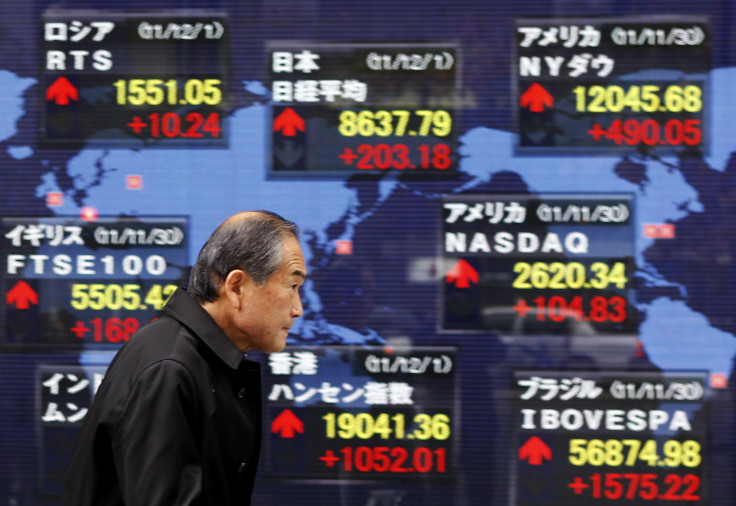Victory By Shinzo Abe In Japan Could Lead Yen Lower

Once again, Japan has fallen into recession less than a week before its national elections. It is widely expected that the Liberal Democratic Party, or LDP, will win a majority in the lower house as voters take action to revive a dormant economy and reverse its deflationary spiral.
Shinzo Abe, who leads the LDP party, has promised large-scale spending increases and a 2 percent inflation target, which combined could lead to a substantial reversal of the yen’s strength.
In order to change the complacency surrounding Japan’s faltering economy and the country’s almost habitual deflation, it will require some form of unexpected stimulus.
Simply increasing the budget while providing never-ending forms of quantitative easing will unlikely move the needle very much.
However, Japan’s economy may actually respond positively to a substantial decline in the yen against the U.S. dollar and the euro, similar to what occurred from March 1995 to June 1998.
During that period, the yen fell 37 percent against the U.S. dollar, and Japan’s economy experienced only four quarters of negative growth versus 10 quarters of positive growth.
Since the end of 1997, the yen has appreciated 59 percent against the U.S. dollar. This has stifled economic growth and contributed to Japan’s deflation. The strength of the yen has also created a store of untapped wealth that needs to be realized in order for Japan to be successful.
Abe-san’s pledge to have the Bank of Japan target a 2 percent inflation rate should signal to Japanese investors that it is time to take profits and allocate substantial monies abroad.
In the period cited above, the Nikkei index fell by a modest 3.5 percent, while the S&P 500 Index gained a staggering 142 percent. While it is unlikely that the differential in returns will be matched this time, it should be expected that U.S. equities will handsomely outperform Japanese stocks.
Investors in Japan have become all too accustomed to zero interest rates and should welcome the potential for incremental income and price appreciation from foreign markets.
It is our view that Japanese investors should follow the lead of U.S. investors by purchasing lower-quality financial assets. We have, for quite some time, allocated funds to distressed mortgage securities, for example, and continue to expect strong returns from this sub-asset class relative to high-quality fixed-income securities.
The high-yield bond market has recently come under negative press as several notable investors have proclaimed this sector as being in “bubble” territory. We disagree with this claim and have gained more confidence since the U.S. presidential election.
The victory by Barack Obama reduces the risk that Federal Reserve Chairman Ben Bernanke will leave the Fed prematurely, thereby jeopardizing an early end to its near-zero interest rate policy and overall commitment to quantitative easing.
Tom Sowanick is co-president and chief investment officer of Omnivest Group in Princeton, N.J.
© Copyright IBTimes 2024. All rights reserved.





















